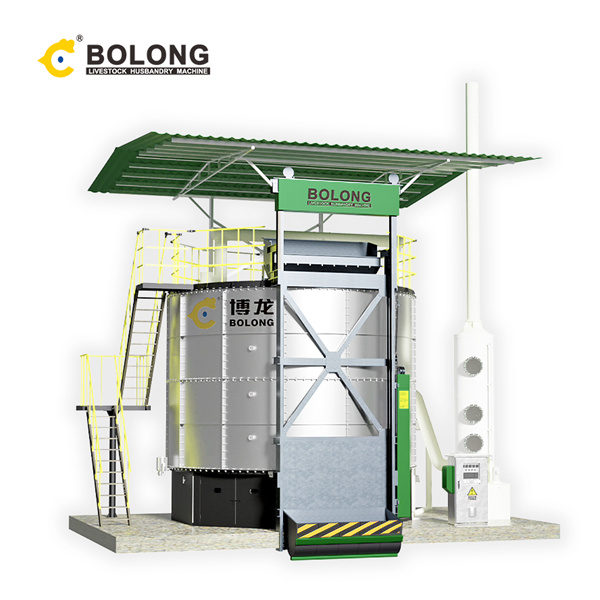Introduction: Urban agriculture is gaining popularity as cities look for sustainable ways to produce food locally. Livestock fermentation tanks can play a crucial role in urban farming by managing organic waste efficiently. This article explores the benefits and applications of fermentation tanks in urban agriculture.

Waste Management: Urban farms generate organic waste that needs proper management. Fermentation tanks process this waste into valuable compost, reducing the need for landfill disposal and enhancing sustainability.
Space Efficiency: Fermentation tanks are designed to be compact and efficient, making them suitable for urban environments with limited space. They can be installed in small urban farms, rooftop gardens, and community gardens.
Nutrient Recycling: The compost produced by fermentation tanks is rich in nutrients, which can be used to fertilize urban crops. This promotes a closed-loop system where waste is converted into valuable resources for food production.
Case Study: An urban farm in New York City installed a fermentation tank to manage waste from its vegetable garden. The farm reduced its waste disposal costs and produced high-quality compost, leading to healthier and more productive crops.

Conclusion: Livestock fermentation tanks offer significant benefits for urban agriculture by providing efficient waste management, space efficiency, and nutrient recycling. These advantages support the sustainability and productivity of urban farming.